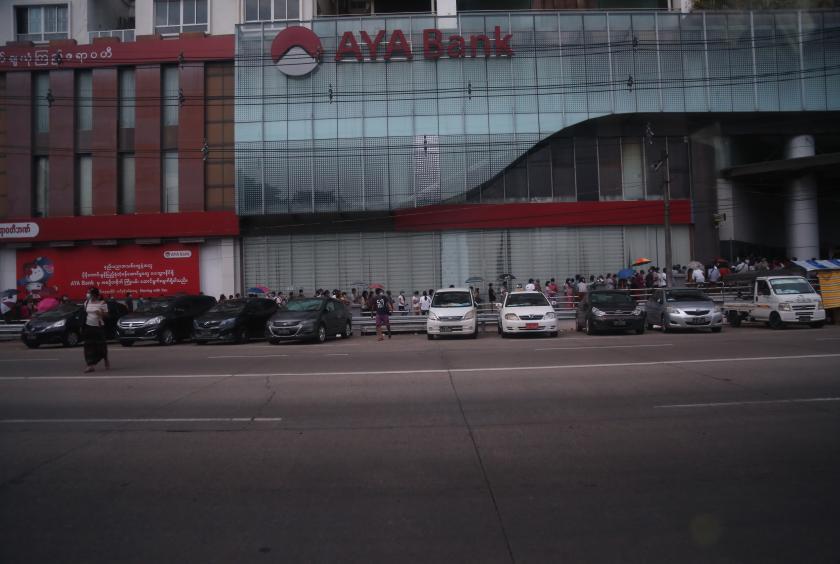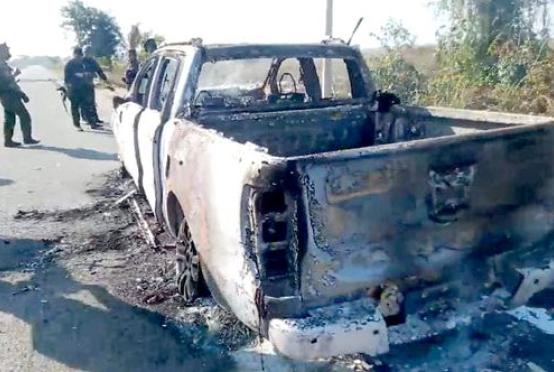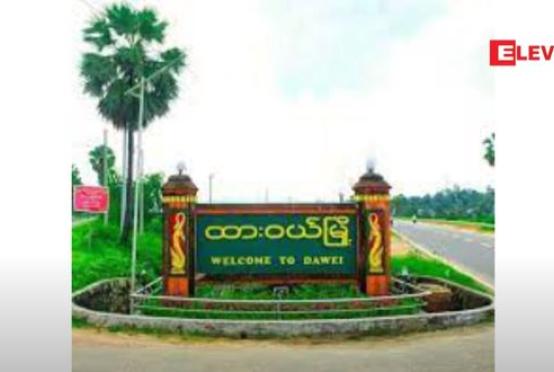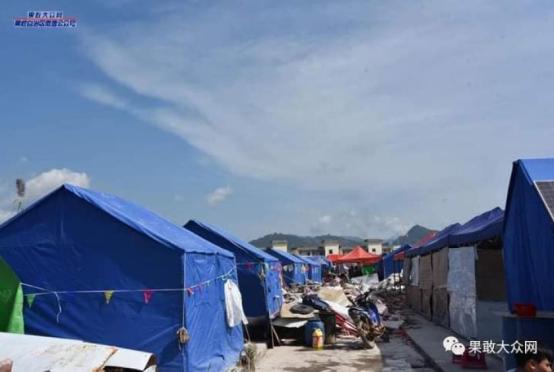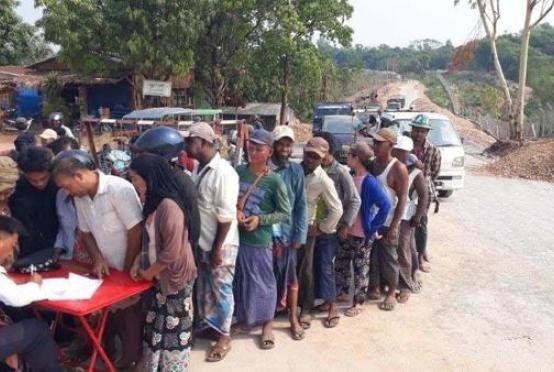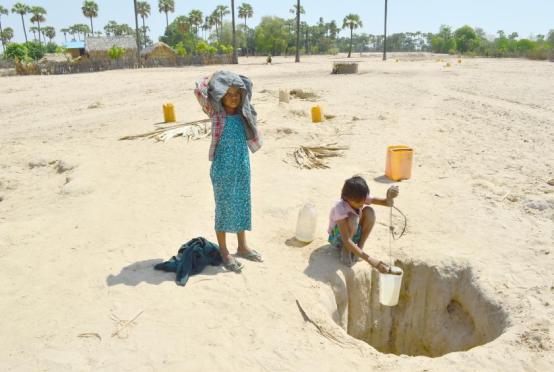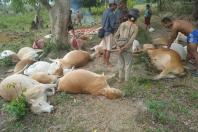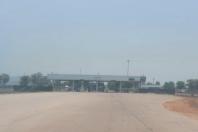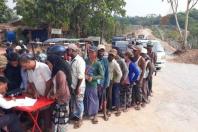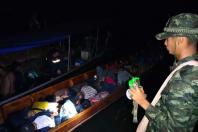According to business owners, the banking and financial sector had yet to reach a return to normalcy after the political changes since February 1.
The ensuing turmoil led to restricted cash withdrawals from both bank branches and ATMs amongst many other restrictions, leading to a detoriration of the monetary market.
"It began around March. We could withdraw before that, even during February," said an ATM card holder.
Since then, long lines have formed of people queuing up to withdraw cash from selected ATMs that the private banks announced to have been refilled.
"Come around 4am. People brought stools to sit down and take their place in the queue," said a person in the queue.
Restrictions have continued to tighten with KBZ only allowing a withdrawl of 400,000 Kyats per ATM card while Yoma only allows 300,000 Kyats.
Private banks have also taken to announcing which ATMs will be refilled with cash and since then had not seen an increase in the number of ATMs being refilled. It had, instead, decreased.
The Central Bank of Myanmar (CBM) had issued announcements in attempts to keep the situation under control.
The statements have claimed that while the public can continue to place their trust in the banks, false information are being spread to undermine the banks and to force bank runs and thus leading to restrictions such as limiting cash withdrawals.
They have also said that banks are being closely supervised to carry out operations to standard on April 7.
Despite the reassurances and some time in between, banks continue to restrict withdrawals from their ATMs.
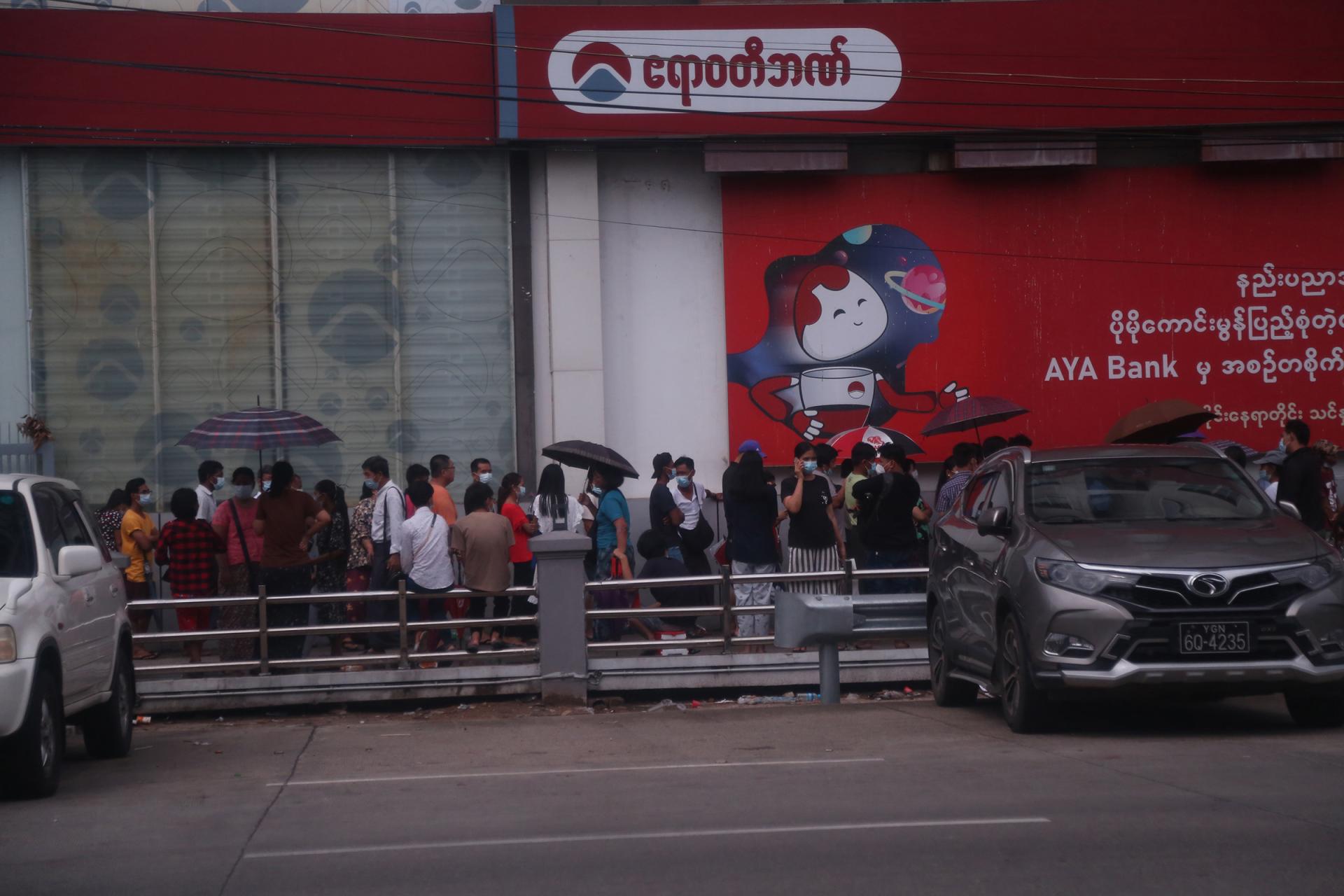
Peolpe queue up for ATMs at Myanmar Plaza, Yangon. (Photo - Thiha Aung)
The percentage market
The burgeoning demand for cold hard cash gave immediate rise to those who have cash to spare.
Those unwilling to queue up or restricted from withdrawing can opt for the market in which people with cash to spare in hand will exchange banking transfers with cash at a high amount of fees.
The service fees, intially beginning at around 3 to 5 percent, quickly rose all the way up until it is still currently hovering at around 10 percent.
Government had taken efforts to hunt down and capture those providing black market services for cash but did not manage to kill it.
"We have to rely on those percentage based services. We need them to keep things going. For some, it isn't too bad but for those that sell only marginally profitable items are hurting. The percentage fees are cutting deep into profits. So service based industries or restaurants could probably handle the brunt of having to pay percentage based fees to exchange from e-money to cash," said a business owner.
The Central Bank had also attempted to alleviate the situation by reallowing online banking for five private banks, as announced on social media as well as state owned news media channels on April 29.
The five banks are AYA, KBZ, Innwa, CB and A Bank.
Internet services such as mobile data and other related applications that were shut down following the political turmoil were being restored, according to the Central Bank.
Applications for respective banks such as mobile and internet banking, mobile top-ups, bill payments and so on have been partially restored and more resumption of services will be announced, says the Central Bank.
For the trading sector, recovery is still a way off since people are opting for cash instead of large sum money transfers through banks.
"For consumers, they have a hard time withdrawing cash so they want to pay through cards. But since distributors and importers are only allowing cash, we can only accept digital payment to a certain amount. Exporters are not bringing back their earnings back into Myanmar because if they did, there is a risk that they will not be able to withdraw it. They (Central Bank) are only allowing 20 million Kyats per week for companies. So there are many companies that were not able to pay importers from their money in the bank or even transfer abroad," said a business owner.
He continues to say that since cash is most imported now, almost everything from of the business chain has to be done through hard cash.
Business owner Dr.Soe Tun wrote on social media that businesses will be allowed a breather only when bank account transfers, CBM Net, Cheque Clearings will be allowed to occur without any restrictions.
"A bank sent a directive that if CBM Net was used to transfer from bank to another bank, the money must be put in a fixed deposit accoutn for 3 months. This action goes directly against the efforts to reduce reliance on cash and instead encourage digital payments and services. The CBM directed for changes to cheque clearings for current accounts starting 1.6.2021 but most banks, including government banks, are still unable to get the new format cheque books. So cheque clearing isn't an option still. Overall, those with money in old bank accounts will just have to stare at their own money. They have to allow bank account transfer, CBM Net and Cheque Clearing without restrictions so that even if cash withdrawal isn't possible, businesses can operate smoothly," said Dr. Soe Tun.
The CBM, on June 16, said that online transactions made through banking systems will only be allowed to withdraw their earnings up to 50 percent per month for around 1 - 3 times, depending ont he situation.
The statement also said that the handling of Aseets and Liabilites Management by banks were found wanting and were not complying with CBM directives. The CBM also said that saving deposits are not be treated as current deposits and easily withdrawed but should be instead transfered to current accounts with limitations or instead impose limitations on saving deposits withdrawals.
It also encouraged government tender processes to pay tender winners money through account transfer, Cross Cheque or other methods instead of paying out in cash except for cases where cash is absolutely necessary.
After the announcement from the CBM, the percentage cash exchange market rose a little bit after.
"The percentage went down and settled at around six percent but spiked back up to 10 percent afterwards. Many were thinking that it will be great at the end of the money if it was at around 3 to 5 percent. At least at 5 percent, we may not be earning profit but at least the business can continue to operate," said a business owner.
Most business owners are of unanimous belief that revoking all restrictions on withdrawal is still the answer.
"Right now, we all have to look at our bank accounts and do nothing," said a business owner.

